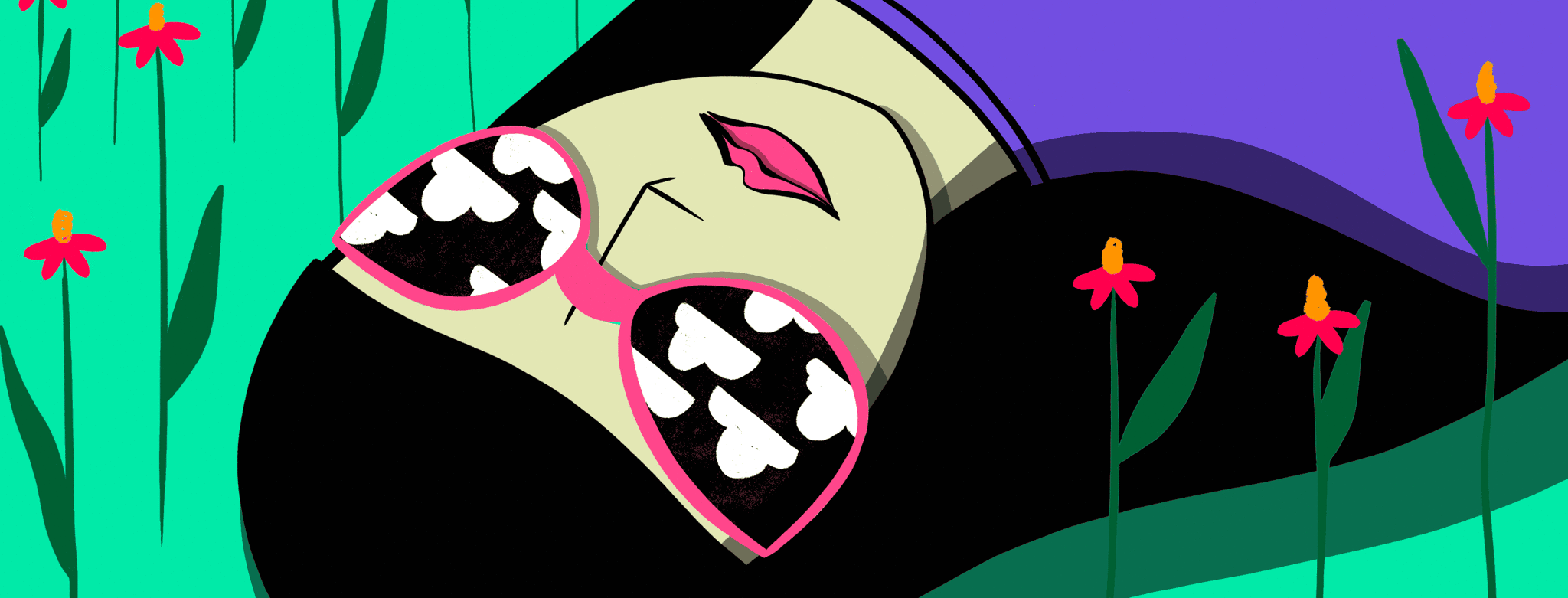The Surprising Benefits of Doing Nothing at All
I could have named this article, “Things I Learned From My Cat.” On a warm late fall day, I was sitting on the swing and petting my cat without my phone or other distractions. I let my mind be still.
As I gently rocked and looked out over the beauty of my backyard, I had a strange thought. I wondered if there was any benefit to doing “nothing.” Day after day, my cat does nothing at all and obviously enjoys it, if purring is any indicator.
Learning about "niksen"
I love research so I began researching to see if there were any benefits to doing nothing. To my surprise, it is a real "thing." The Dutch even have a word for doing nothing and call it “niksen”.1 There is no wrong way to do it as long as you do nothing productive. It can be as simple as staring out the window.
In my mind, doing nothing is not exactly the same as mindfulness or meditation. I did not sit down on the swing planning to be in the moment, mindful, or meditate. Research demonstrates some benefits of meditation to relieve stress. Mindfulness has its merits, but research has also revealed that in some circumstances it’s important to be mindless.2
The art of doing nothing
Life today is filled with activity. I am guilty of watching tv while scrolling on social media. At the end of the day, I feel like I failed if I didn't do anything productive with my time.
We can learn a lesson from observing children who often daydream. As a child, I remember mindlessly washing dishes while staring out the kitchen window. My mind was “out of gear” and I often daydreamed. These mindless moments can be surprisingly beneficial.3
Some benefits of being unproductive
- One benefit is creativity. As you daydream, you often think of new ideas. Some of my best ideas have occurred to me while doing nothing and daydreaming.1
- Doing nothing is a great way to de-stress. Research indicates that doing nothing helps to reduce anxiety.1
- There is also strong evidence it has health benefits like increasing the body’s ability to fight off the common cold.1, 4
- You may be more productive. People who take time away from work activities to do nothing often return to work feeling rejuvenated.4
4 ways to practice niksen:5
- Sit in your favorite chair staring out the window.
- Close your laptop and rest your eyes. Let your mind disengage for a few moments.
- Take a walk without your phone.
- Sit outside and watch the clouds slowly moving
The connection to macular degeneration
Having macular degeneration and living with the thought of losing your central vision is extremely stressful. Our coping skills are severely taxed as our activities of daily life are impacted. Anything we can do to lessen stress and promote wellness is worth trying. So rather than doing more, perhaps the best approach is to “do nothing” a little more often.

Join the conversation